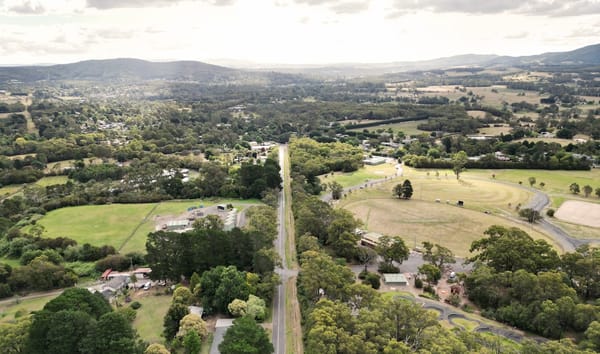Living Labs: recommendations for enabling collective action on complex challenges
How can we create the islands of coherence, the vehicles for co-investment, and create the dojos for the kinds of practices we need to tackle collective action challenges such as climate change, biodiversity loss, or mental health?

Last week I wrote about relational infrastructure, and this week I want to share a little about one expression of that type of infrastructure - Living Labs.
Whilst these 'spaces for experimentation' are often championed by academic institutions or individuals, various forms of these labs can also be seen embedded in communities and operated by municipalities, with the aim of creating collaborative spaces and partnerships which can shift the needle on local, regional and national challenges.
I've recently been working with the excellent Dr Paris Hadfield at Monash University who has been talking with Living Labs practitioners from all over the world, to pull together a series of recommendations around how to govern (University) Living Labs - an aspect of their operation which can make, break, propel and/or restrict the potential of a lab. Generously, I am listed as a co-author.

Today that report, titled "Governing University Living Labs for Sustainable Development" has been released through Monash Sustainable Development Institute, and it feels like something which might be useful to people around the world looking at a variety of institutional or organisational forms of Labs, which aim to work on complex challenges. You can see the report page, view the launch webinar recording (soon to be included), and download the report for free (no paywalls here, thankfully).





